|
This month, we've decided to switch up our hours a bit - on Tuesdays and Thursdays, the updated hours will be 9am-1pm & 3pm-6pm. This enables us to add some later appointments at the end of the day to accommodate work schedules a bit easier! Our Monday and Friday hours will remain the same! You can download a copy of our March hours here.
In our office, we often talk about the 3 types of stress that interfere with your body’s ability to heal, adapt & recover: physical stress, emotional stress, chemical stress.
Each and every one of these stressors disrupts your body’s ability to heal, adapt and recover. Regular chiropractic adjustments help your body to counteract these stressors of daily life!
|
AuthorDr. Cristina shares some insight about the benefits of Chiropractic as a vital part of your healthy lifestyle! Archives
August 2022
Categories
All
|

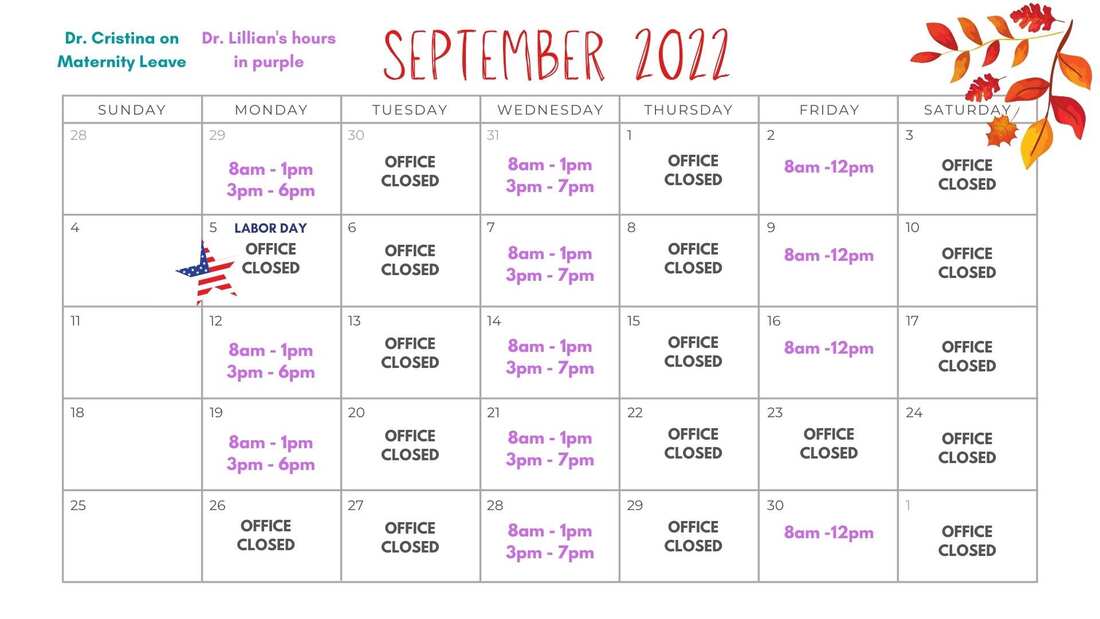
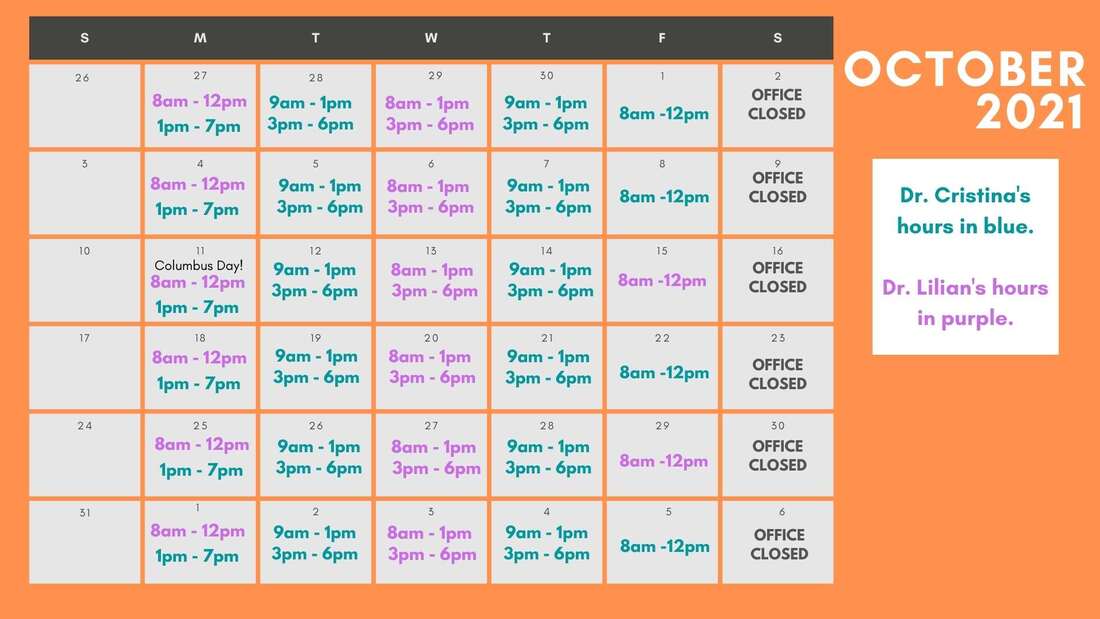
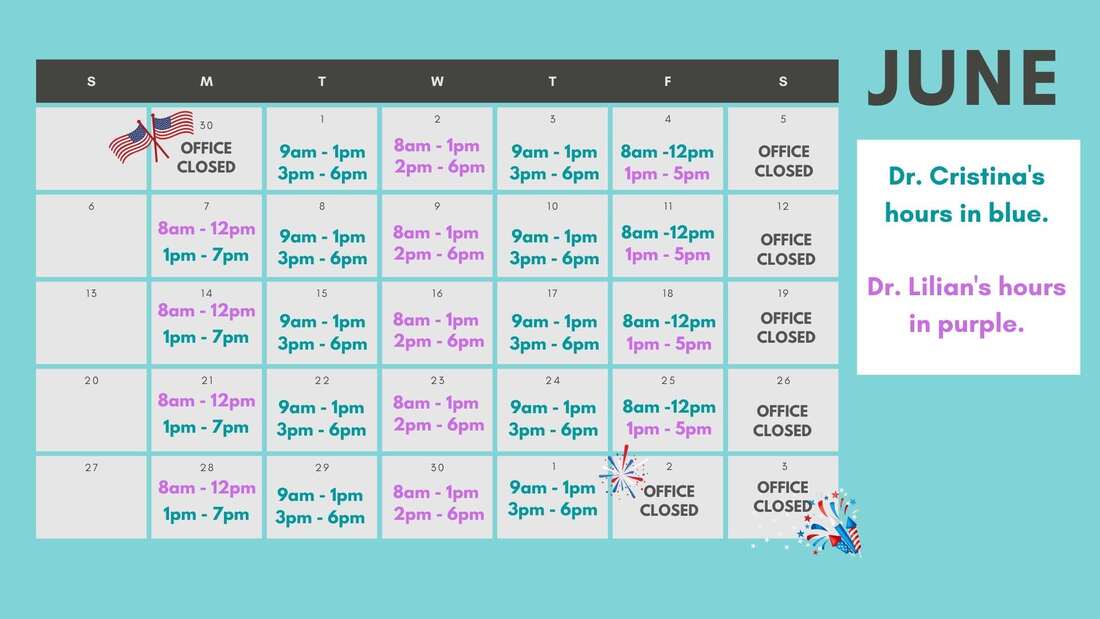
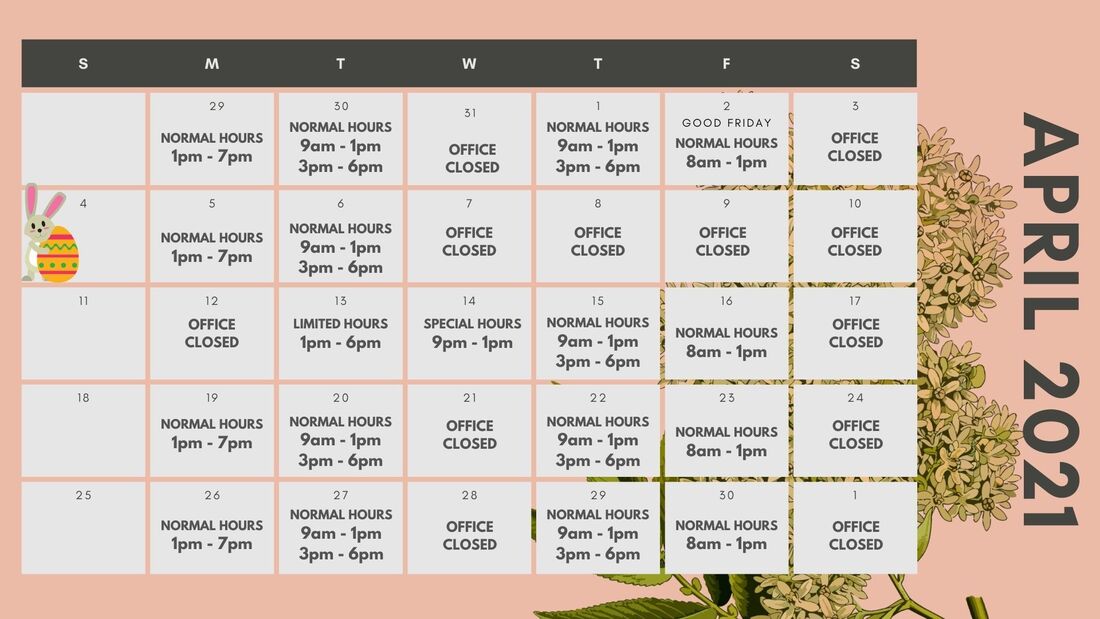
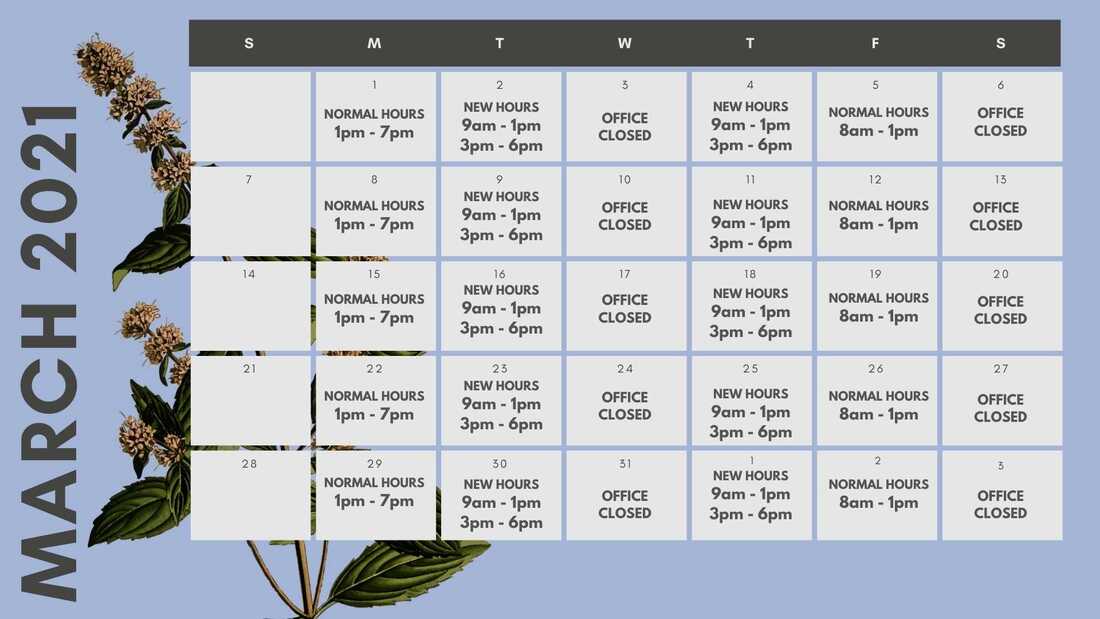
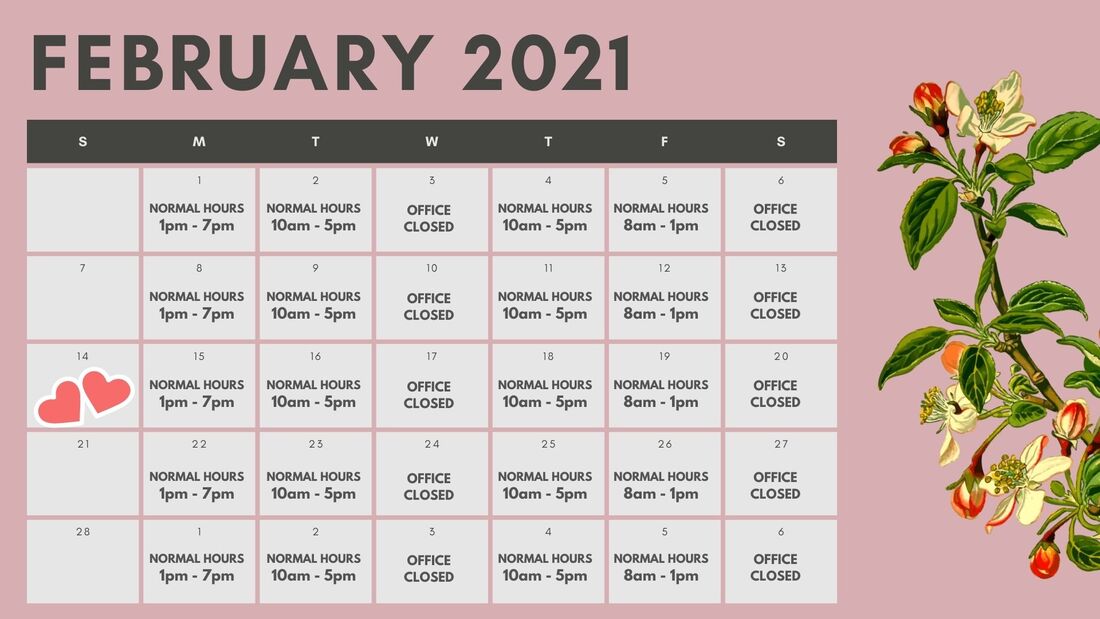
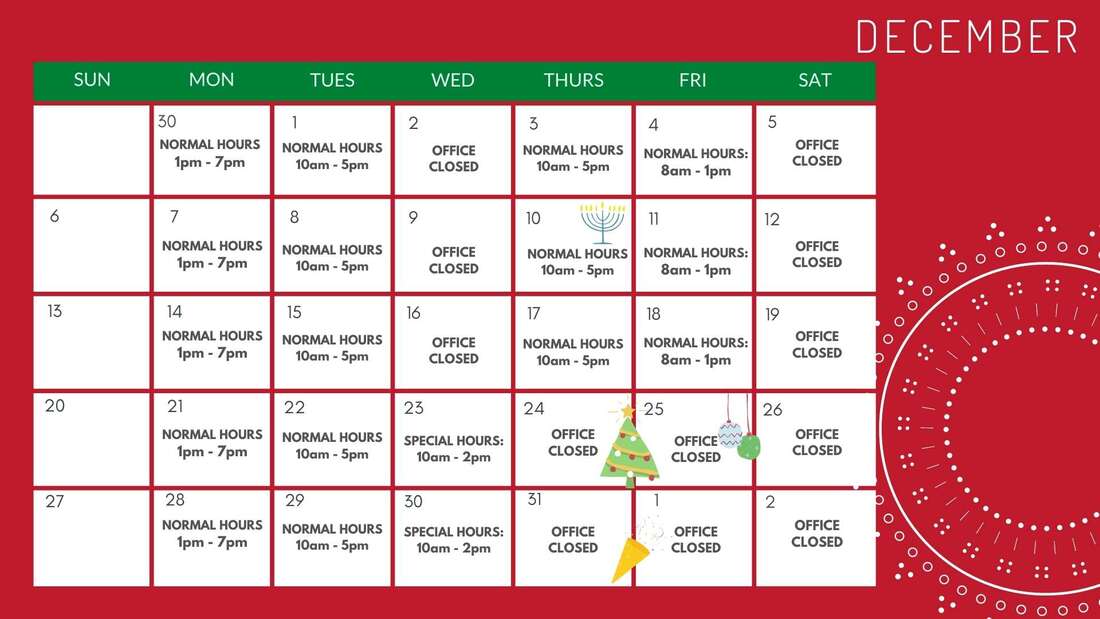
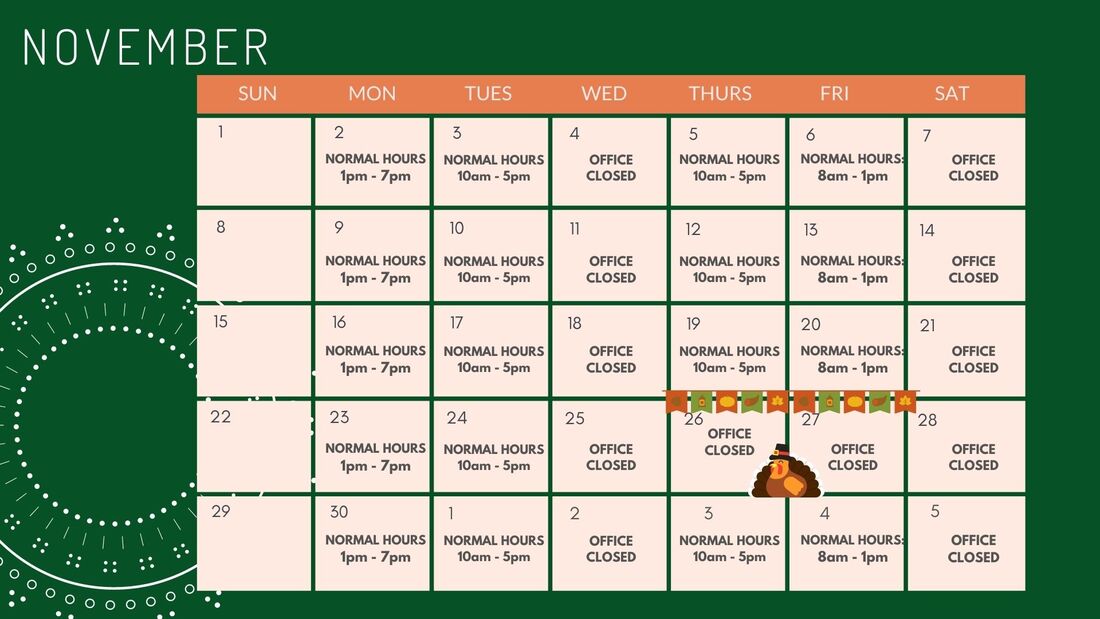

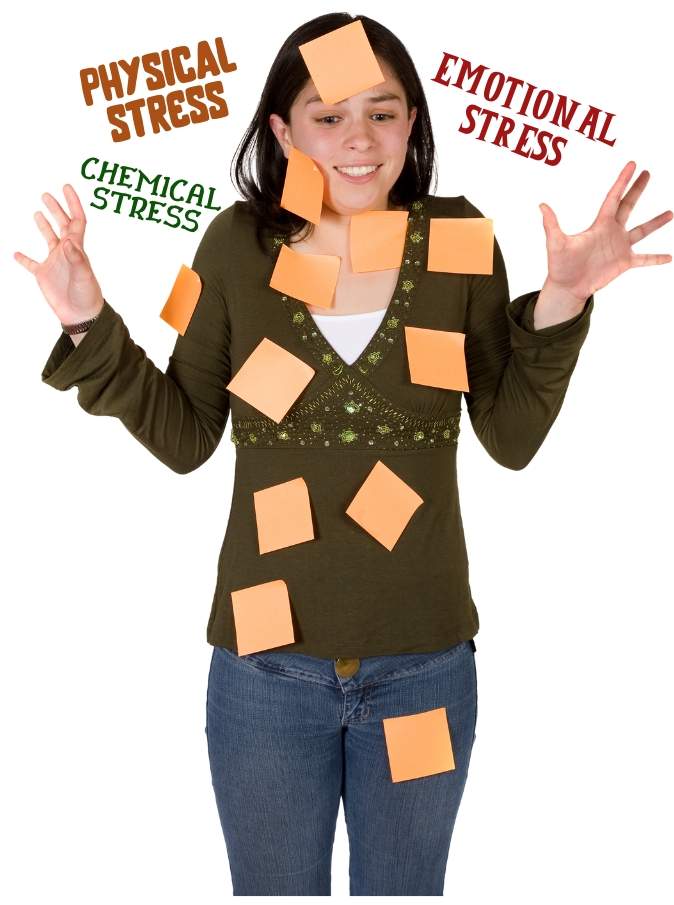
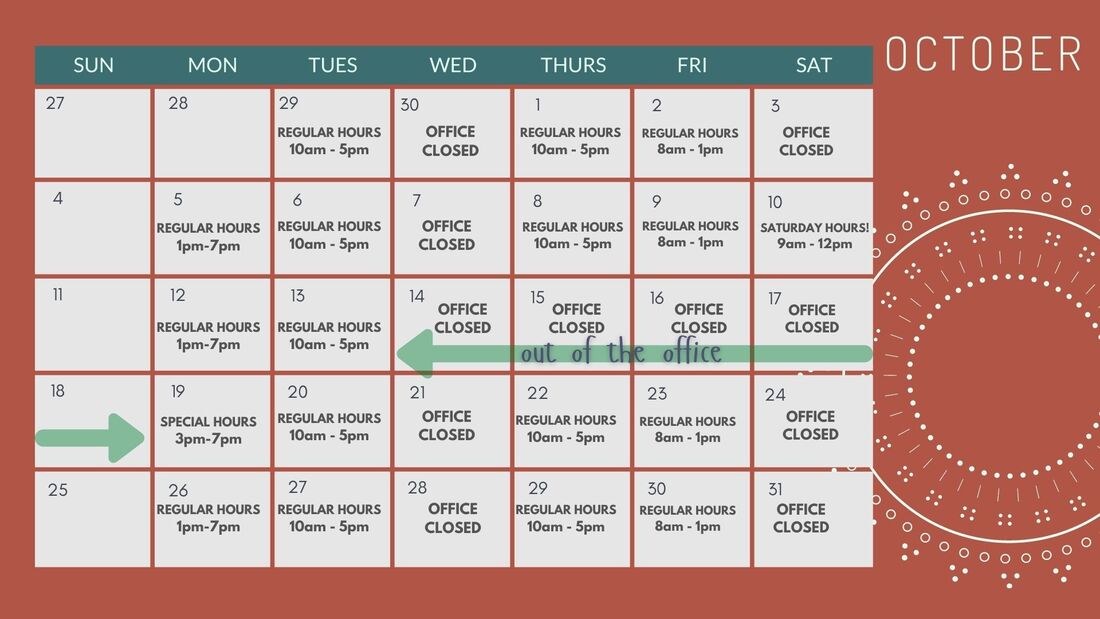
 RSS Feed
RSS Feed
